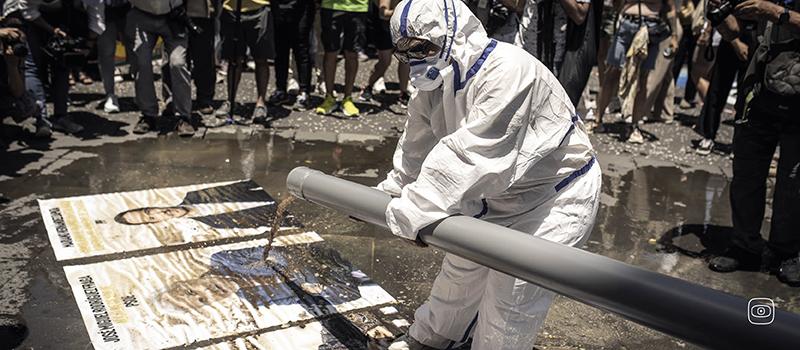In Naples, the combination of a failing sewage system, untreated discharges and inadequate infrastructure has rendered large sections of the coastline unsuitable for swimming, with environmental activists denouncing the transformation of once vibrant beaches into contaminated zones. Controversial projects such as the construction of new outfall pipelines near the Gaiola Marine Protected Area reveal the tension between economic development and political interests on the one hand, and the urgent need to safeguard fragile ecosystems on the other.
Similar problems have arisen in Tenerife due to decades of uncontrolled urbanisation and poor wastewater management. Illegal outfalls and malfunctioning treatment plants release untreated sewage directly into the ocean, resulting in the closure of beaches and endangering public health. Residents and surfers have reported infections and illnesses linked to polluted waters, and activists have warned that the island’s infrastructure has been unable to keep up with tourism-driven growth.
Both Naples and Tenerife highlight a paradox: mass tourism fuels local economies, yet it also undermines the environment on which tourism depends. This exposes the urgent need for systemic reforms in wastewater treatment, coastal planning and political accountability.
In both contexts, grassroots activism emerges as a vital resource: independent from profit and local political interests, it plays a central role in defending the sea and residents' right to a healthy environment.
Photo on the right: A performance simulating sewage discharges into the sea is shown alongside images of politicians, during a protest organised by the citizens’ platform Canarias tiene un límite. Photograph by Paula González Gavilanes and Miguel Velasco.








